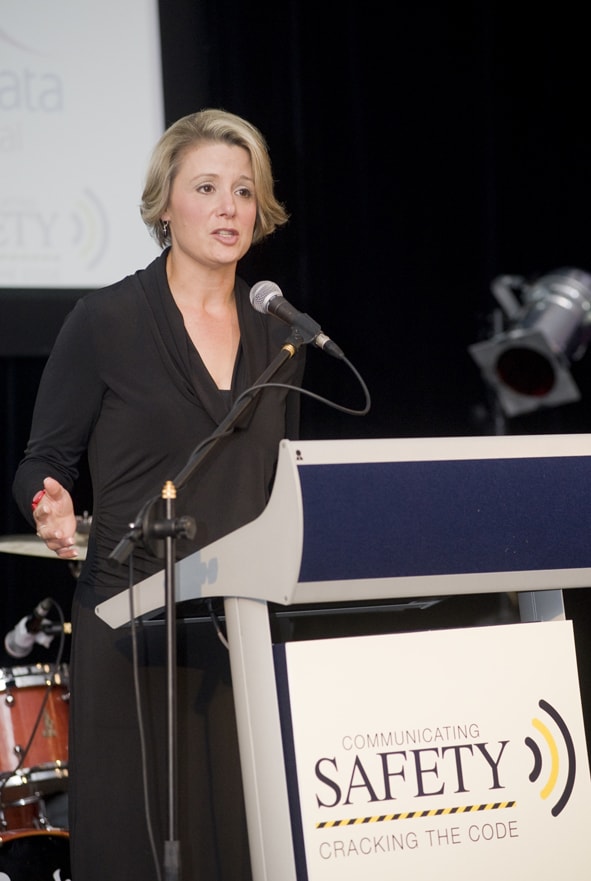As the Australian State of New South Wales approaches its March 2011 election day, the lobbying is becoming more fierce. In fact, conservation opposition leader, Barry O’Farrell will need to rein in some of his business colleagues if the lobbying becomes too fierce.
It is widely tipped that O’Farrell will win the election and people are already planning for his ascension. If the business pressure becomes too overt, it may reduce the size of the landslide win that is being predicted.
For example, prior to the Council of Australian Governments meeting organised by the federal (Labor) government, the New South Wales Minerals Council provides an example of the issue they will be running on through to the election. CEO Dr Nikki Williams has said in a media release this afternoon: Continue reading “Business jumps the gun on OHS, unions hope for the best”


